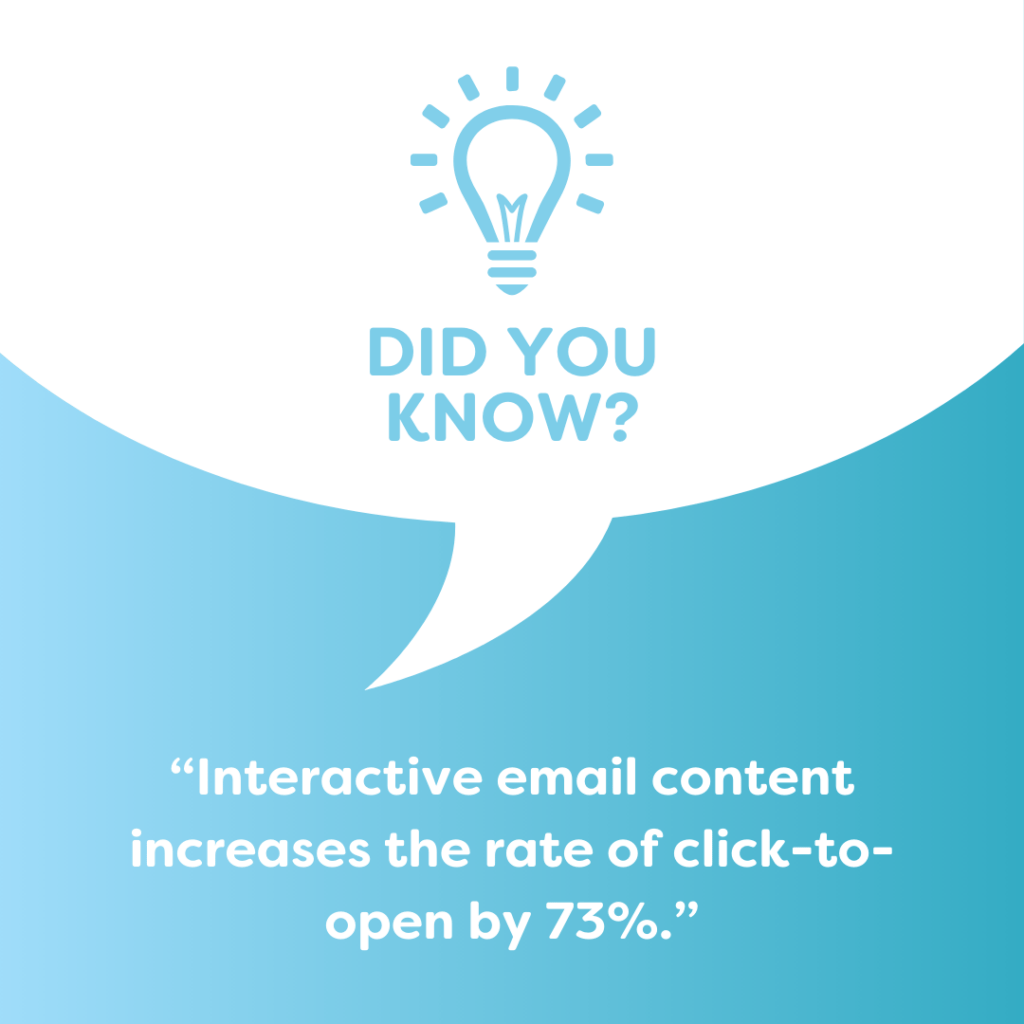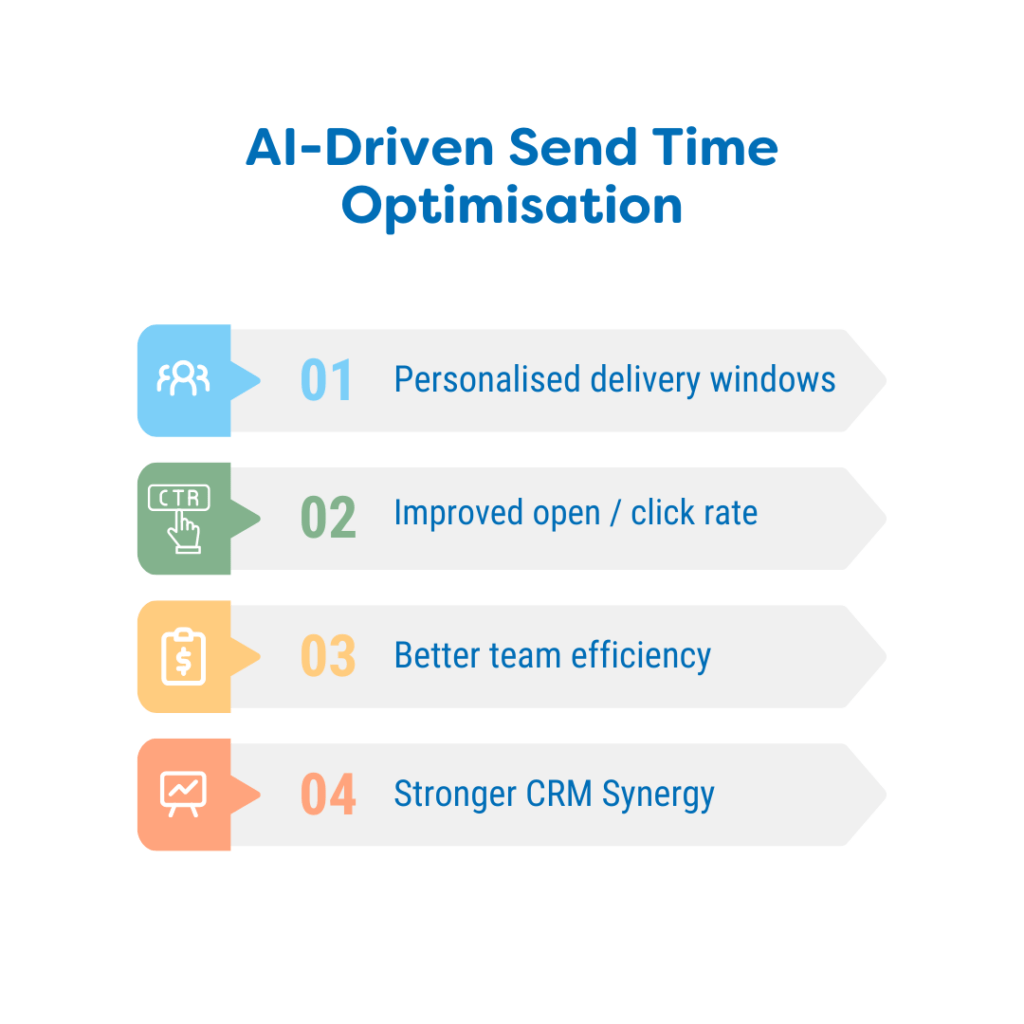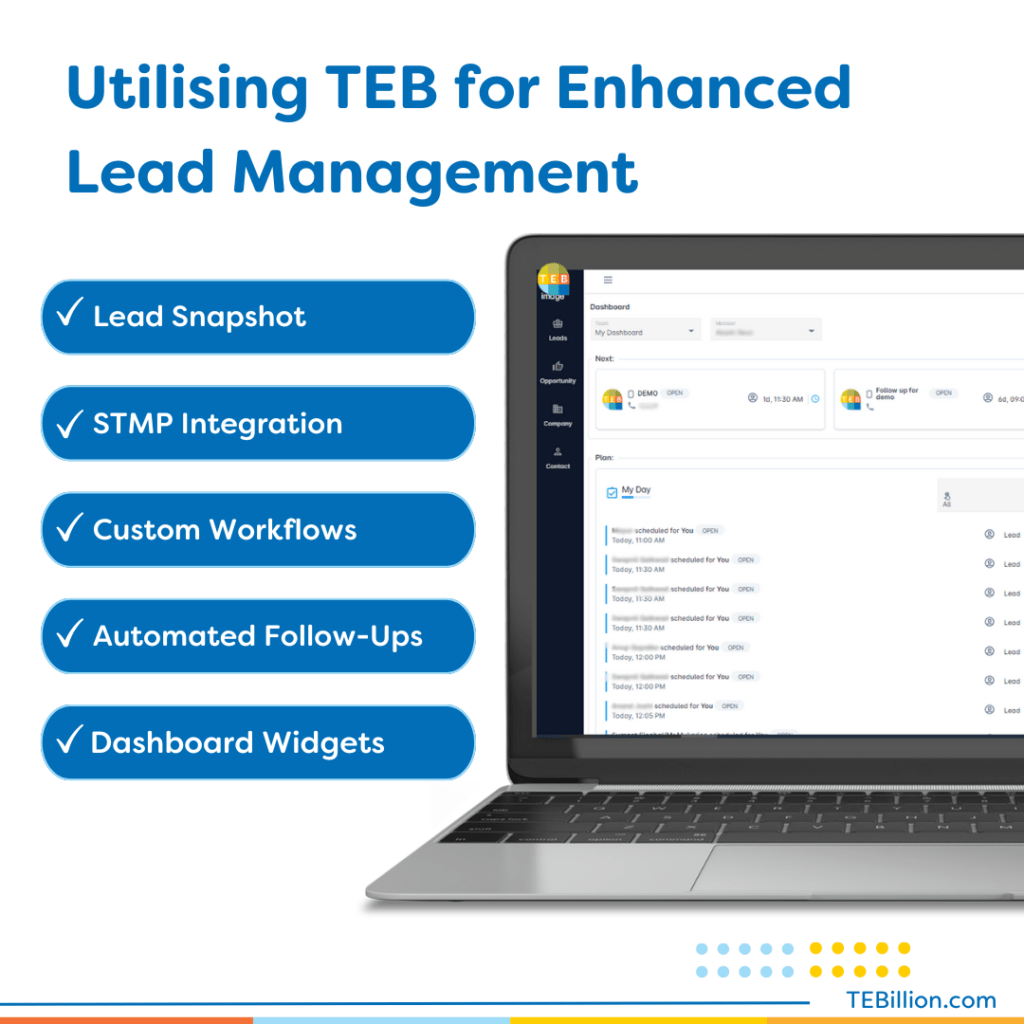
With new tools, smarter automation, and growing expectations from audiences, email has evolved from a basic communication tool into one of the most powerful channels in your marketing arsenal. In fact, ‘email marketing delivers an average return on investment (ROI) of $36 for every $1 spent’ (Smbguide). However, success today takes more than just sending a good-looking campaign. The rules of engagement have changed, and the inbox is more competitive than ever. So, what’s working in 2025? Here are the five trends redefining email marketing—and how you can use them to get ahead.
In 2025, it’s not enough to just drop a recipient’s name into a subject line and call it personalised. Today’s audiences expect emails that reflect their behaviour, preferences, and position in the buying journey. This means content that changes based on what pages they’ve visited, emails they’ve opened, or actions they’ve taken.
Hyper-personalisation is now driven by real-time CRM data and automation, delivering tailored messages that feel like one-to-one conversations, not public broadcasts. Businesses using CRM-integrated email tools, like TEB’s smart segmentation and lead tracking, can dynamically update content based on individual lead activity, boosting relevance and engagement.
This approach doesn’t just improve open rates, it builds trust, shortens the sales cycle, and increases conversions by meeting prospects exactly where they are.

Static, one-way communication is being replaced with dynamic elements that encourage recipients to engage directly within the email. From embedded polls and surveys to product carousels and in-message CTAs, these features are designed to boost time spent reading and increase click-through rates without requiring the user to leave their inbox. According to Martech Advisor, “interactive email content increases the rate of click-to-open by 73%.”
This shift is especially effective when paired with CRM data. Knowing who your audience is allows you to serve interactions that feel relevant and timely, rather than generic. Marketers using interactive elements are seeing improved engagement and more actionable insights into what their audience is interested in, paving the way for smarter, more responsive campaigns.
In 2025, AI is taking the guesswork out of send times by learning exactly when each contact is most likely to open and engage with an email. Rather than relying on traditional "best time to send" studies, marketers are now leaning into tools that track individual behaviours and adjust in real-time. The result? Higher open rates, better engagement, and more efficient campaigns, without the trial and error. Here’s how send-time optimisation is effective:

By allowing AI to handle the when, your team can focus more on the why and craft messages that really land.
Marketers are shifting away from mass emailing and instead focusing on permission-based, segmented lists made up of genuinely interested recipients. Regular list cleaning, clear opt-ins, and re-engagement campaigns are now part of a sustainable strategy.
Aside from meeting GDPR and other compliance standards, this approach has serious business benefits. Clean lists mean fewer bounces, less spam flagging, and ultimately higher open rates and conversions. Consent-first marketing also builds trust which is an increasingly valuable commodity in a crowded digital space. When your audience knows they’ve chosen to hear from you, they’re more likely to pay attention when you show up in their inbox.
In 2025, the best-performing email campaigns are powered by real-time CRM data. Helping to build smarter, more relevant strategies around lead behaviour, sales activity, and customer insights, with email and CRM working together, you can:
Platforms like TEB make this connection seamless, combining automation, tracking, and analytics into one place. The result? More qualified leads, better timing, and stronger sales-marketing alignment.
As email marketing evolves, staying ahead means having the right tools behind every campaign. At TEB, we’ve built features that go beyond just automation, they’re designed to turn your CRM into a strategic growth engine. Here’s how TEB helps you execute the trends that matter most:

With TEB, email isn’t just a channel—it’s part of a wider, smarter system built to convert leads and grow your business. Book a demo today to see how TEB CRM powers better marketing in 2025 and beyond.